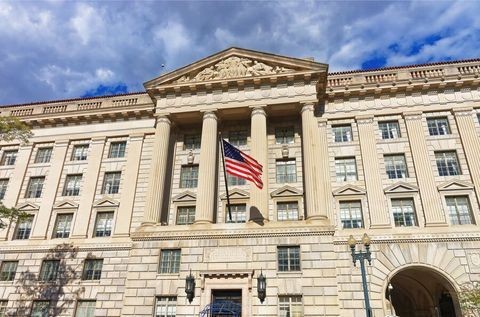NISPOM, Including Revised Personal Reporting Requirements and Reduced FOCI Mitigation Burden, Codified in Code of Federal Regulations
Client Alert | 1 min read | 12.22.20
Yesterday, the Office of the Under Secretary of Defense for Intelligence & Security, Department of Defense (DoD) published a final rule codifying the National Industrial Security Program Operation Manual (NISPOM) (DoDM 5220.22) into 32 C.F.R. Part 117. For the most part, this action simply inserts the long-applicable NISPOM requirements into the CFR, but DoD has taken this opportunity to formalize two additional changes applicable to cleared contractors. First, the new regulation will incorporate mandatory reporting concerning any cleared personnel's foreign contacts and foreign travel, a requirement initially established by Security Executive Agent Directive (SEAD) 3, “Reporting Requirements for Personnel with Access to Classified Information or Who Hold a Sensitive Position” (12 June 2017) for the purpose of more continuously monitoring activities that can affect an individual's national security eligibility. Second, the final rule will implement Section 842 of the 2019 National Defense Authorization Act, which, effective October 1, 2020, removed the requirement that an agency issue a national interest determination (NID) before a foreign-owned entity holding a facility clearance by virtue of a Special Security Agreement may access “proscribed information” (e.g., Top Secret information) where its ultimate and intermediate foreign parents are located in a country within the U.S. national technology and industrial base as defined in 10 U.S.C. § 2500 ( currently Australia, Canada and the U.K.). Comments on the addition of the NISPOM to the CFR may be submitted through February 19, 2021, and the regulation formally becomes effective on February 24, 2021.
Insights
Client Alert | 4 min read | 09.20.24
Department of Commerce Unveils New Tool to Inform Supply Chain Risk Mitigation
The U.S. Department of Commerce unveiled a groundbreaking analytic risk assessment tool to inform the U.S. government’s efforts in mitigating supply chain risks. Launched at the inaugural Supply Chain Summit hosted by the Department of Commerce and the Council on Foreign Relations on September 10, 2024, the SCALE Tool marks a significant milestone in the U.S. government’s broader commitment to strengthening the U.S. supply chain ecosystem.
Client Alert | 3 min read | 09.13.24
Client Alert | 12 min read | 09.13.24
Tri-Agencies Finalize NQTL Comparative Analysis Standards in Final Rule
Client Alert | 5 min read | 09.11.24





